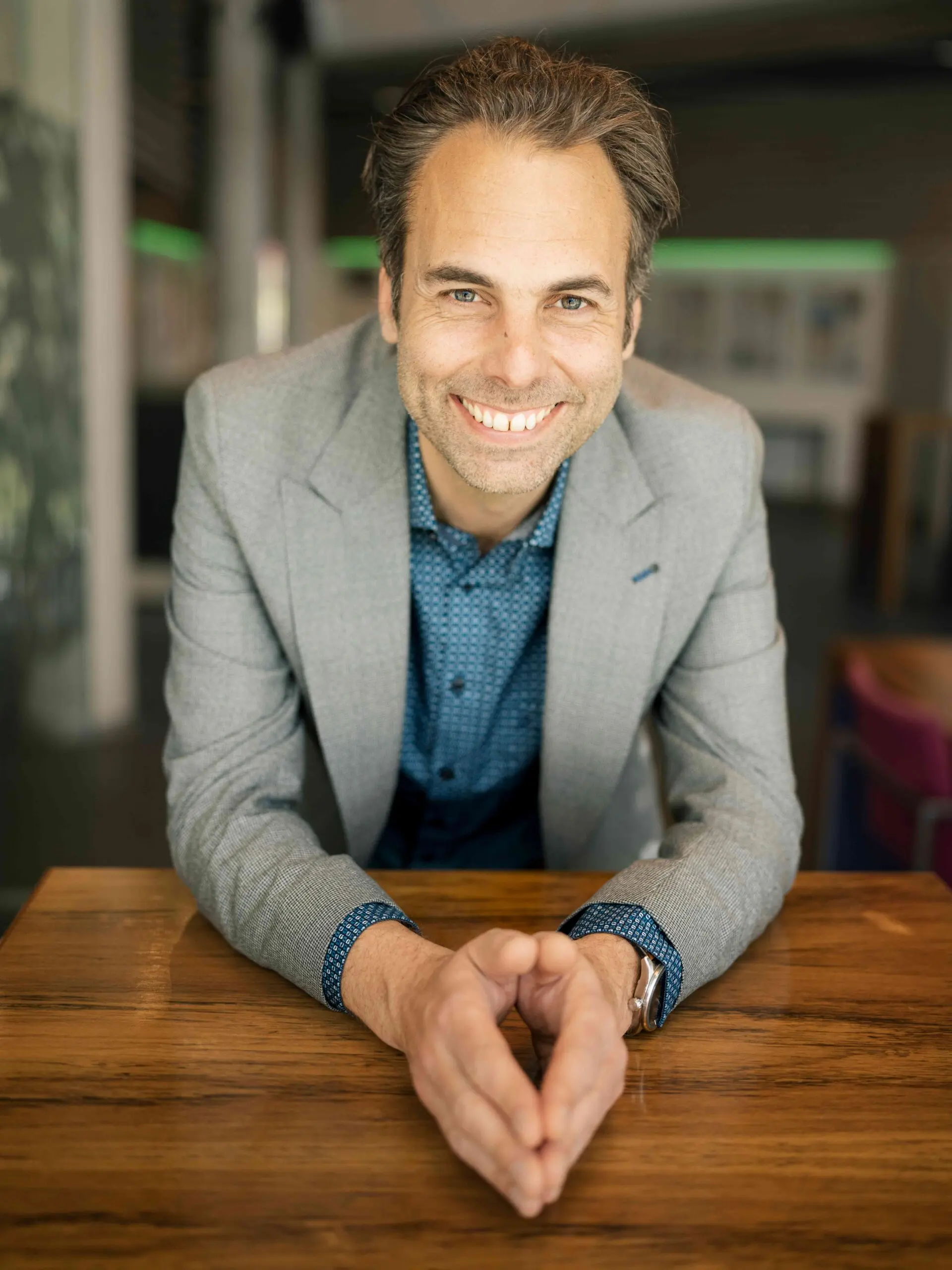Column
Column

Tonie Mudde
Tonie Mudde is chief science editor at de Volkskrant newspaper. He studied aerospace engineering in Delft.
NEW NAME,
NEW OPPORTUNITIES!
This came to mind when phone companies T-Mobile and Tele2 suddenly changed their names to the hysterical “Odido”. TU Delft’s name also has an interesting history. When I left the university – a quarter of a century ago, tell us more Grandpa – we were suddenly all instructed to say “Delft University of Technology”. We stared at each other, wondering whether the abbreviation would then become DUT, the Dutch word for “nap”, making it sound as if you’re nodding off instead of designing cool high-tech. Literally nobody I knew said Delft University of Technology, as always seems to be the case with forced name changes devised by marketing strategists. You can picture how that brainstorm session must have gone. “Massachusetts Institute of Technology! We want something with a similar lustre.” “Let’s go for Delft University of Technology.” “Brilliant!” Speaking of funny name changes: ministries are good at that too. The best example is the Dutch Ministry of Security and Justice, which suddenly became the Ministry of Justice and Security in 2017. The cost of switching those two words around? 2 million euros! In de Volkskrant newspaper, a spokesman stressed that officials had implemented the name change “with precision” and in a “restrained manner.” Mergers also form an ideal opportunity for an identity crisis. During away matches in Amsterdam, I sometimes stand on the sidelines at football club WV-HEDW, an abbreviation combined from three predecessors that went by the names Wilhelmina Vooruit, Hortus and Eendracht doet Winnen. The remarkable thing about WV-HEDW, however, is that everyone in the Amsterdam football world uses that name structurally (or, in my case, learns to use because at first I referred to them as “the club with all those letters”). This means that such a name has become established among people both within and outside the organisation. That should be the aim when using a name. Journalists who write “the University of Wageningen” or “Wageningen University”, often receive an email from the local name fetishist that it should be “Wageningen University & Research”. But is that really what people in Wageningen say, for example, when they tell people at a birthday party where they work? And is that also what they say to Dutch-speaking friends who read Dutch newspapers? Oh dear, I foresee a disclaimer in the recesses of the TU Delft website, including the following comment: “The correct English name of TU Delft is Delft University of Technology.” Yet, as soon as you set the language to English, phrases along the lines of “Based at TU Delft’s department of Radiation Science and Technology…” appear all over the site. Just imagine: somewhere in Delft, there is a corporate identity manager with a complete identity crisis.
© Marcel Krijger
